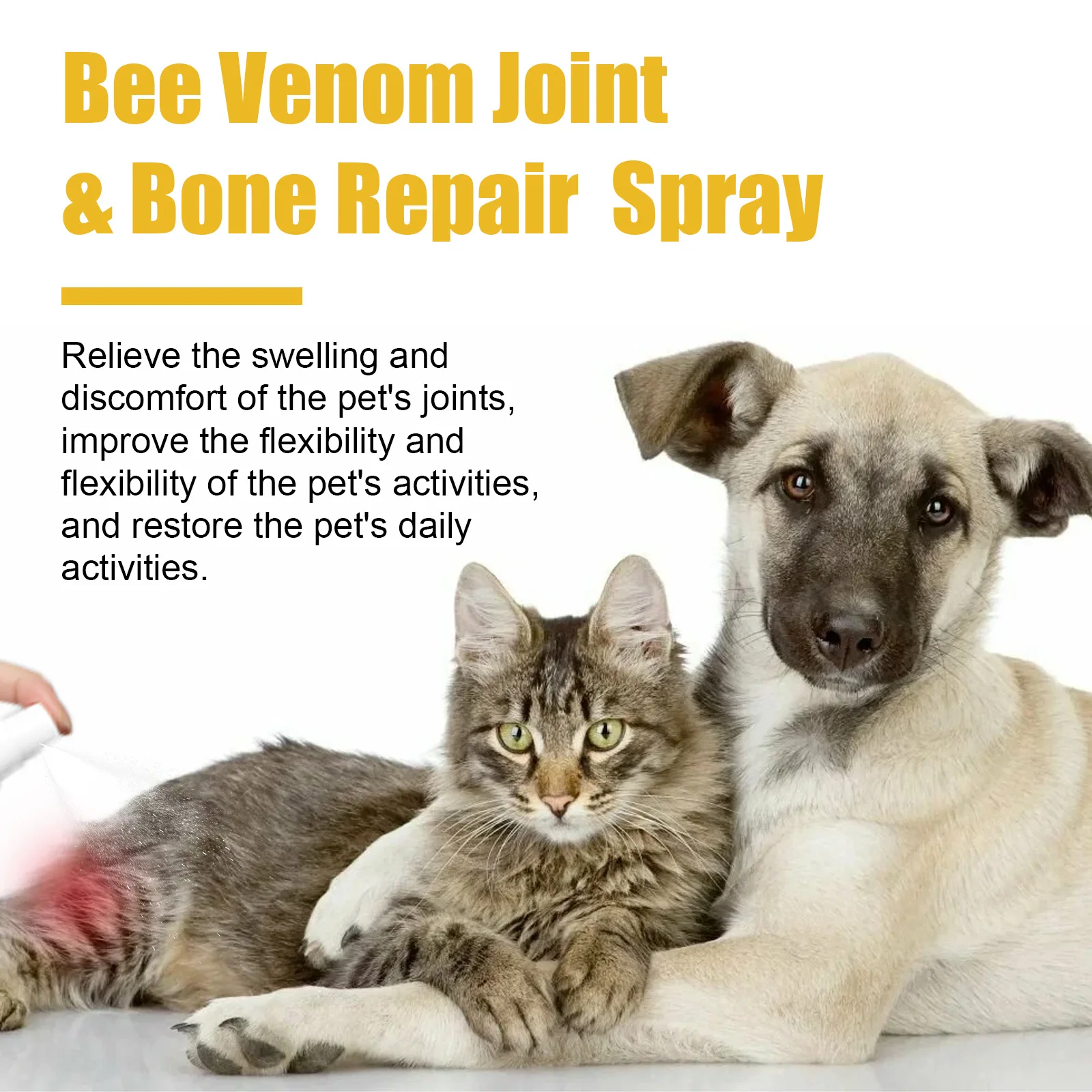Can You Have a Pet Seal: Unveiling the Possibilities
Guide or Summary:Understanding the SpeciesLegal and Ethical ConsiderationsHealth and Care RequirementsAlternatives to Traditional PetsIn recent years, the c……
Guide or Summary:
- Understanding the Species
- Legal and Ethical Considerations
- Health and Care Requirements
- Alternatives to Traditional Pets
In recent years, the concept of owning a pet seal has captured the imagination of animal enthusiasts worldwide. While traditional pets like dogs, cats, and birds continue to dominate the pet scene, the allure of a marine mammal as a companion has begun to attract attention. With the increasing interest in marine life conservation and the desire for unique pets, the question of whether one can have a pet seal has become a topic of discussion among animal lovers and potential owners alike.

Understanding the Species
Before diving into the feasibility of owning a pet seal, it's essential to understand the species itself. Seals are marine mammals that belong to the order Pinnipedia, which also includes sea lions and walruses. They are known for their streamlined bodies, flippers, and the ability to dive deep into the ocean to hunt for food. There are several species of seals, including the California sea lion, the grey seal, and the harp seal, each with its unique characteristics and requirements.
Legal and Ethical Considerations
The prospect of owning a pet seal raises several legal and ethical considerations. In many countries, owning a wild animal as a pet is illegal or heavily regulated due to the potential risks and the impact on wildlife conservation efforts. Seals are protected by various international agreements and regulations aimed at preserving their populations and habitats. Therefore, it's crucial to research the specific laws and regulations in your area before considering a seal as a pet.

Health and Care Requirements
Even if owning a pet seal is legally permissible, it's essential to recognize the significant health and care requirements involved. Seals are highly specialized animals with specific dietary, environmental, and social needs. They require access to clean water, a suitable habitat, and a varied diet that includes fish and other marine organisms. Additionally, seals are highly social animals that thrive in the company of their own species, making it challenging to provide them with the social interaction they need when kept in captivity.
Alternatives to Traditional Pets
For those interested in adopting a unique pet, there are many alternatives to traditional pets that can provide companionship and joy without the complexities and responsibilities associated with owning a seal. Aquariums, marine sanctuaries, and wildlife rehabilitation centers often offer opportunities to interact with marine animals in a controlled and educational environment. Volunteering at these facilities can provide a rewarding experience and contribute to the conservation of marine life.

While the idea of having a pet seal is undoubtedly intriguing, it's essential to approach the subject with caution and consideration. The legal, ethical, and health-related challenges involved in owning a seal as a pet make it a complex proposition. For those genuinely interested in marine life and animal companionship, there are many rewarding alternatives that offer a more accessible and sustainable way to connect with these fascinating creatures. As responsible pet owners, it's crucial to prioritize the well-being of both animals and humans, ensuring that any decision made about pet ownership is made with thoughtful consideration and a commitment to ethical practices.